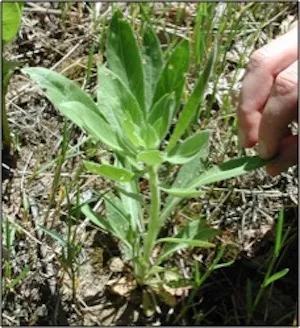
The importance of plant genotype and contemporary evolution for terrestrial ecosystem processes
Metabolic rate, muscle mass, personality, skin tone, hair curliness … everything about us and every living organism is a product of our genes and the environment in which we live. But how far is the reach of the gene? Can genetic differences influence the abundance and diversity of parasites in your gut? Can it shape entire ecosystems? And can evolution cause changes in the environment in which we live? A recent paper by PhD student Connor Fitzpatrick (Johnson Lab) gives the answer - “yes”. Connor published “The importance of plant genotype and contemporary evolution for terrestrial ecosystem processes” in Ecology. In this paper he shows that genetic variation and evolution in the plant common evening primrose (Oenothera biennis) determines diverse ecosystem processes such as litter decomposition, N turnover, microbial activity, and plant-soil feedbacks. Most surprising is that plant genotype and evolution often had effects on ecosystems that were as large as well established ecosystem drivers such herbivory and spatial variation. Thus, perhaps our genes and evolution have effects far beyond our own species, which may have important implications in agriculture, conservation, and human health. Congratulations Connor on this exciting paper!
